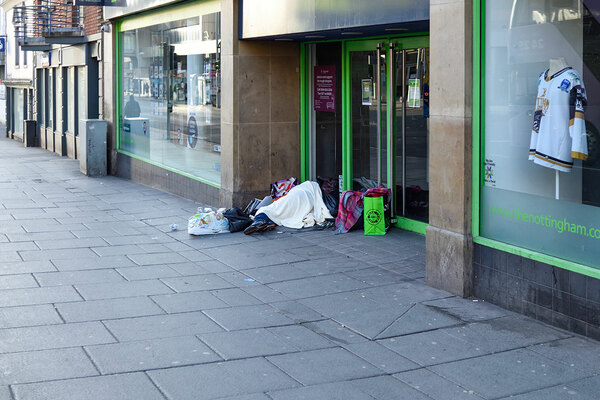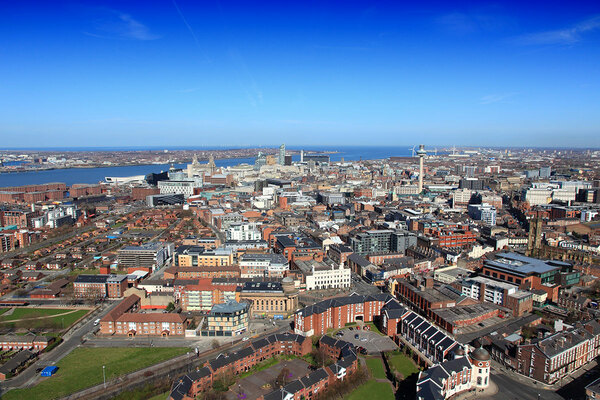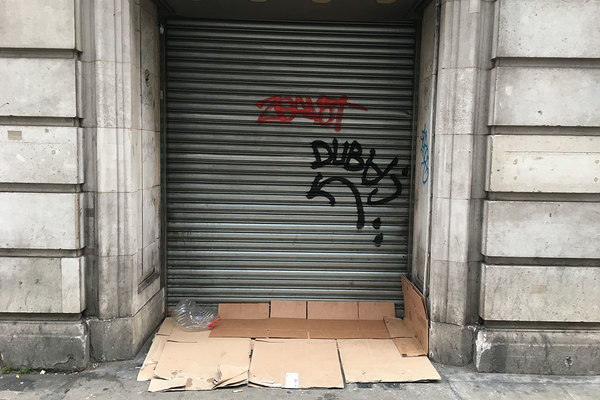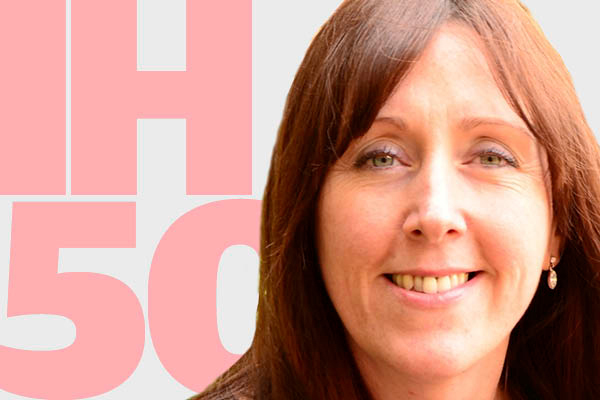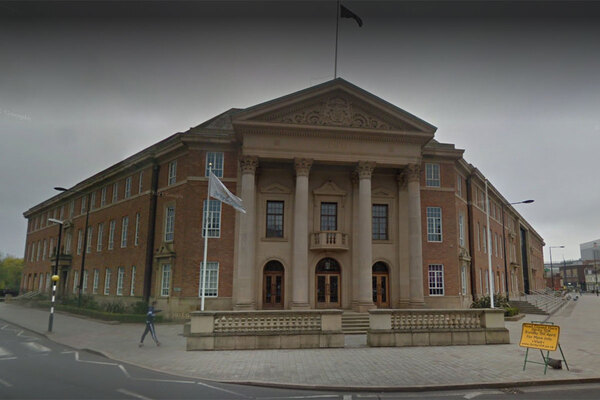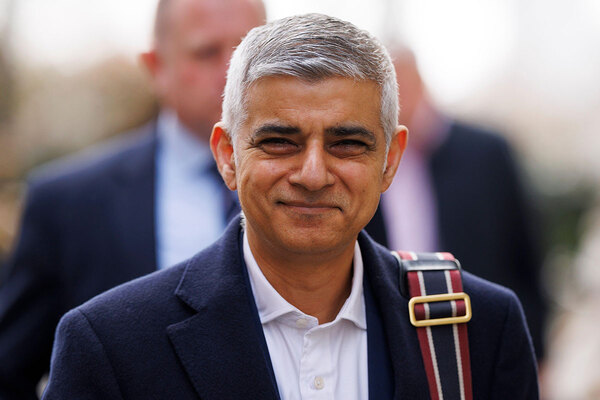You are viewing 1 of your 1 free articles
Homelessness outreach teams reported rise in rough sleeping numbers during lockdown, new study finds
Outreach teams in England and Wales saw an increase in alerts about rough sleepers during the lockdown period, data has shown.
StreetLink, a service that connects rough sleepers with local outreach teams, saw total alerts for rough sleepers hit 16,976 in April to June, an increase of 4% on the 16,371 recorded in January to March 2020.
The rise comes despite the government claiming that more than 90% of homeless people have been accommodated during the pandemic via its ‘Everyone In’ scheme.
According to the StreetLink data, the increase in London was even greater, rising from 9,543 in January to March to 12,134 in April to June – a 27% increase.
StreetLink said that it “cannot rule out” the idea that this reflects new people sleeping on the streets during the period.
Matt Harrison, director of StreetLink, which is delivered by Homeless Link and St Mungo’s, said: “StreetLink saw an increase in alerts during lockdown, including high numbers from people sleeping rough who were concerned about the pandemic and did not know where to turn for help, particularly as many of the services they usually relied on for support, such as day centres, were asked to close.
“Members of the public also sent more alerts, indicating a heightened concern for people sleeping rough during this public health crisis, and we cannot rule out the fact that new people were continuing to arrive on the streets at this time.
“Thousands of people were placed in emergency accommodation as part of this scheme and we now hope this progress can be built on in the next phase of the response: with people offered longer-term housing. It will also be important to prevent new people from sleeping rough and it is our concern that the end to the ban on evictions next week may be detrimental to this aim.”
A Ministry of Housing, Communities and Local Government spokesperson said the government has taken “unprecedented action” during the pandemic.
They added: “Nearly 15,000 vulnerable people have been housed in emergency accommodation and we are funding longer-term accommodation – 3,300 homes this year alone – and tailored support so as few people as possible return to life on the streets.
“We have also changed the law so councils have a duty to try to stop people from becoming homeless in the first place as part of our commitment to break the cycle of homelessness and end rough sleeping for good.”

